MONROE, CT — William W. Porter served as chairman of the Monroe Planning and Zoning Commission for over a decade, earning a reputation for fairness, while showing an unwavering dedication to protecting the town’s rural character. Porter, a father of five, known as Bill to his friends and Mary, his wife of 36 years, died this week after succumbing to pancreatic cancer. He was 61.
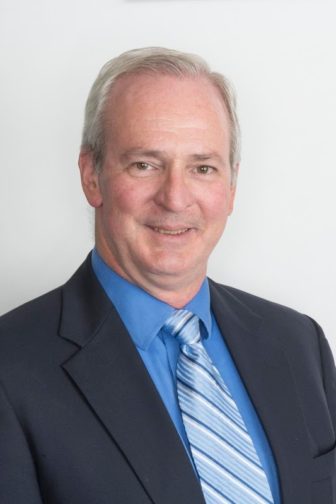
“Bill had a small circle of close friends who meant the world to him, and to a much larger community of people he was a treasure and he was a man of principle and a good example to follow,” Mary Porter said Thursday.
Mary broke the sad news on her Facebook page on Wednesday and many town officials and residents are still mourning the loss.
“It is with great sadness to share the passing of Monroe resident Bill Porter,” First Selectman Ken Kellogg wrote in a Facebook post Thursday. “In addition to his many volunteer efforts, Bill was the Chairman of Monroe’s Planning & Zoning Commission, where he served for over 10 years. Bill was passionate about his service to the Town and gave generously of his time, talents, and expertise. He will be greatly missed. We extend our deepest sympathies to his family.”
Bill comes home

Porter grew up in the Huntington section of Shelton, but his grandparents were the Pulaskys, and he spent a lot of time on their farm on Cutlers Farm Road in Monroe. “He always wanted to move there,” Mary said of the town.
In his younger days, Porter participated in the Police Explorers, volunteering as a charter member of the Monroe Volunteer Emergency Medical Service, and worked at Grand Union.
Mary, who grew up in Stratford, was introduced to Porter by his sister, who was a classmate of hers in the St. Vincent’s Medical Center School of Nursing.
On their first date, Mary said Porter wouldn’t loosen his tie or take off his suit jacket, and he would only slow dance.
“I thought he was a stuffed shirt and not much fun,” she recalled with a laugh. “But now I’m conservative and the stuffed shirt and he was the fun one. That was first date. The second was better. We decided two months after our first date that we would get married. We knew after our second date, but didn’t say it to each other until two months later.”
Porter partnered with Mary’s brother in running the Kuchma Corp. in Bridgeport, where Porter was the project manager.
Mary and Bill Porter moved to Monroe in 1983, where they raised five children, who are now grown.
“Bill was a great father, who was involved with his kids,” Mary said of her husband. “He was involved with school activities. We were on the Monroe Jaycees in its day.”
Porter, who was an Eagle Scout, also served as a leader in Cub Scouts and Boys Scouts in Monroe and Trumbull.
“He was a good example, not only to his own children, but to the others he met through them,” Mary said. “He was a good husband. What he most wanted to pass on to his son was to always respect your wife and show her that she is the most important thing in your life.”
Monroe Town Clerk Vida Stone is a close family friend.
“Bill was solid,” Stone said. “He did what he said he would do and meant what he said. His passion for his family was endless and his love for his wife was inspirational. They were inseparable. To say that Bill will be missed is to put it mildly. I loved Bill like a brother and I am sure many others can say the same. Our hearts go out to his family. His legacy will live on through all those who loved him.”
Protecting Monroe’s rural character
Porter was a registered Republican and Mary is a registered Democrat, but politics never got in the way of their relationship.
“We didn’t talk about politics at home,” Mary said. “And he did not like things to be political. He thought it should be about the subject and not the party.”
Both Porters chose a political party, so they could give back to their community by serving in local government. Porter served on the Planning and Zoning Commission and Mary on the Board of Health.
During Porter’s time on the commission, he was involved in the drafting and revision of zoning regulations, approvals of major developments and he was leading fellow commissioners in the effort to update Monroe’s Plan of Conservation and Development.
“He loved the rural character of the town and wanted it to be preserved, though he certainly understood the need for progress,” Mary said. “But it didn’t have to be tacky. He didn’t want Monroe to look like the Post Road in Milford.”
Porter believed in open forums, so people could express their views and the commission could tailor regulations to what they want to see. At election time, his profile allowed voters to know where he stood.
“Bill was a really good guy to work with. He understood the process,” said Joseph Chapman, the town zoning enforcement officer. “He had the best interest of Monroe at heart. He understood the intricacies between town politics and regulations.”
Whenever there was a controversial application, Chapman said Porter listened to both viewpoints, before deciding what the town’s regulations would allow. But Porter was not too rigid. If an accommodation could be made to make something work, he was open to it, according to Chapman.
For example, when Panera Bread wanted a preview menu sign for its drive-thru, there was no town regulation for it. But Porter suggested drafting a text amendment with rules for preview menus. The commission’s subcommittee drafted it with the help of William Agresta, the town’s planning and zoning administrator, and it was approved in time for the restaurant.
Agresta called Porter “a dedicated, knowledgeable chairman providing confident leadership, firm understanding and diligent purpose always for the betterment of the town.”
“Our hearts go out to the family of Bill Porter,” said Town Planner Rick Schultz. “He was a public official who dedicated himself to the betterment of the town of Monroe and he will be sorely missed.”
A respected chairman
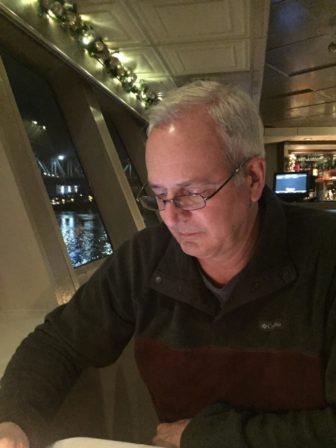
When Robert Westlund joined the Planning and Zoning Commission as an alternate last year, Porter took him under his wing.
“I had no idea how much you had to know when I joined this commission,” Westlund recalled. “He was a guy with a depth of knowledge of land use I was blown away by. Bill was always willing to take time after meetings to explain things. I leaned on him when I needed more information on something, and he was always willing to clarify matters for me.”
Westlund said Porter did that for every commission member to make sure there was a full understanding of the applications they dealt with.
“He’s very welcoming to new members,” Ryan Condon, a commissioner, agreed.
Though it is a volunteer position, Condon said Porter always took the responsibility of being chairman seriously, treating it like a full time job, and bringing professionalism to the board.
Westlund said Porter had an uncanny ability to control meetings, keeping things orderly when passions ran high.
“He had a gentle way about him. People respected him,” Westlund said. “He was fair with everybody. Everyone had a chance to talk, but you weren’t going to go in and make the meeting disorderly. He tried to keep order without anyone feeling belittled. That’s what a good chairman does well.”
When debate among commissioners became heated, Condon said there were never any grudges afterward, adding members always felt like part of a team.
Leon Ambrosey, a commissioner, said of Porter, “he was a great guy, really fair, a great guy to work with on the commission and had the best interests of Monroe in mind when making decisions. He’s going to sadly be missed by everyone on the commission.”
“We’ll miss the devotion he had for the Planning and Zoning Commission and the town,” said Domenic J. Paniccia, an alternate member on the commission. “I’m sorry to see him go.”
A good man
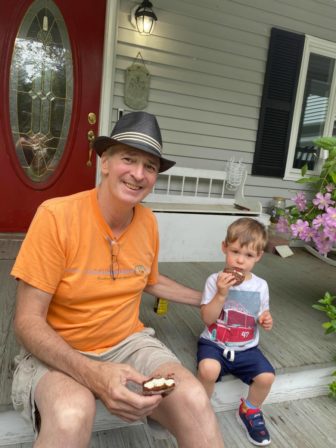
Porter was a member of the American Society of Bayonet Collectors, fostering friendships around the world through this hobby, according to his obituary. Mary said he was knowledgeable about military history.
The couple loved to travel, having gone on trips across the U.S., and to other countries and islands. “Hawaii was his favorite place in the world, so far,” Mary said.
“The legacy he leaves behind is his children and grandchildren and the example he set for all of those he met in his life,” she said. “He was a good man.”

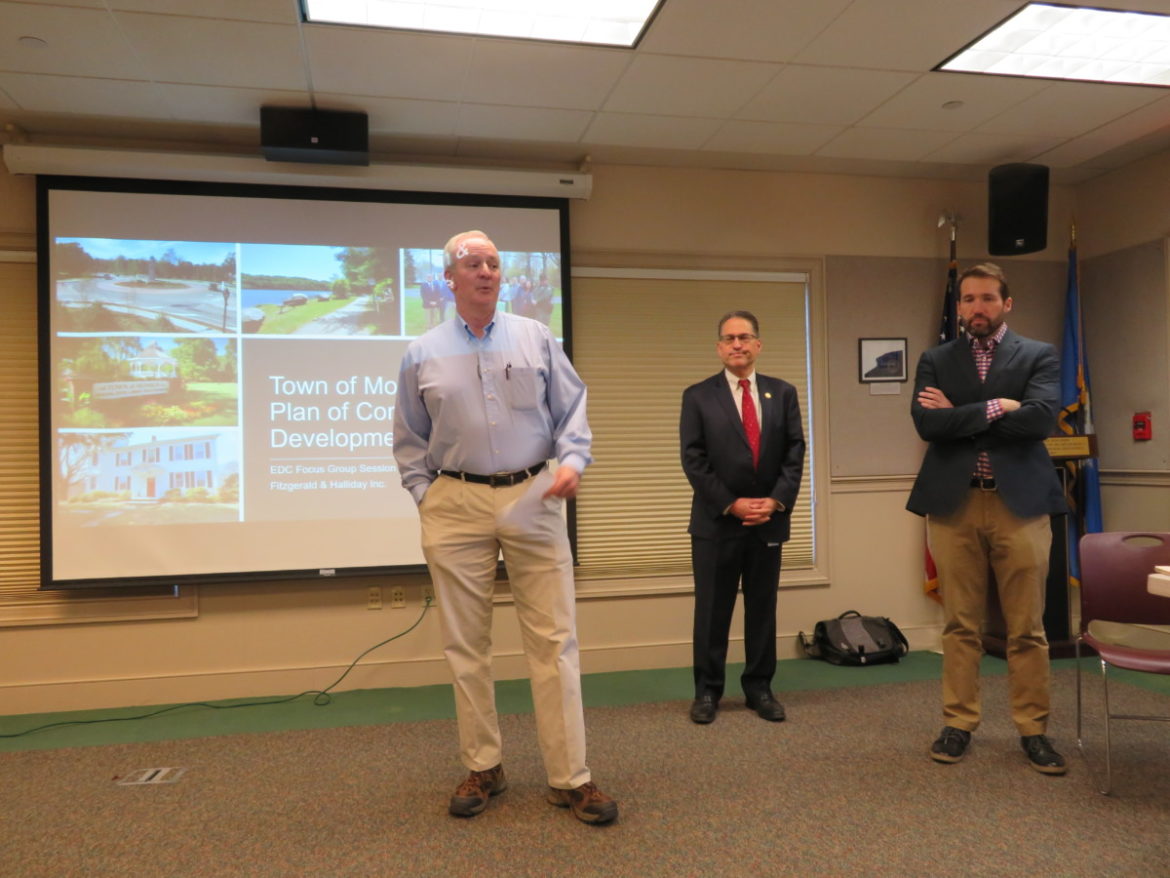

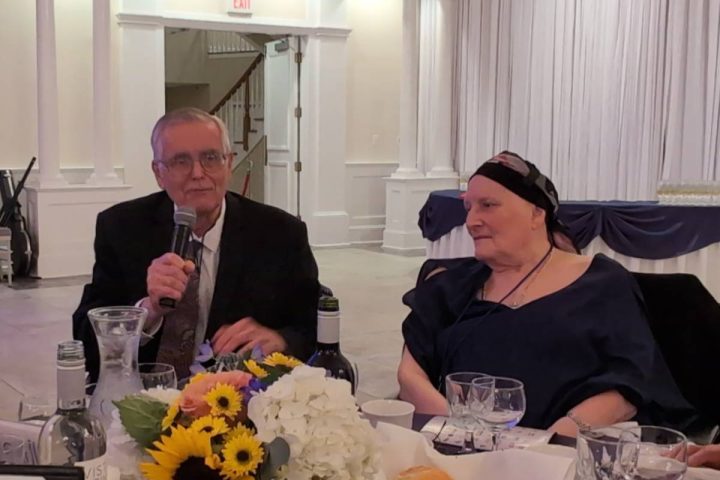

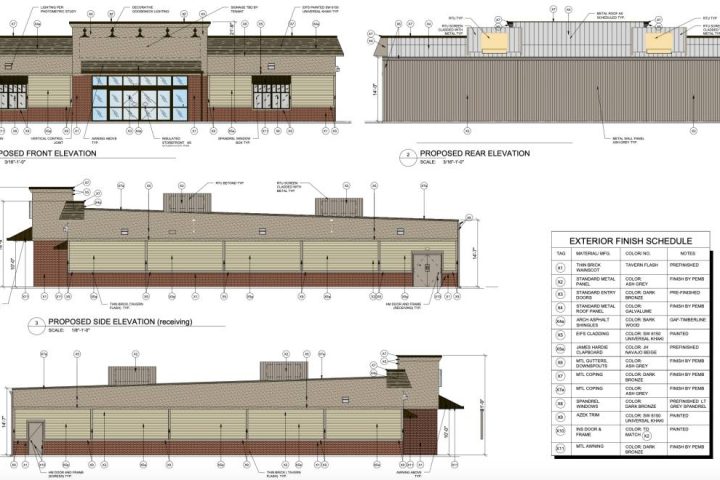
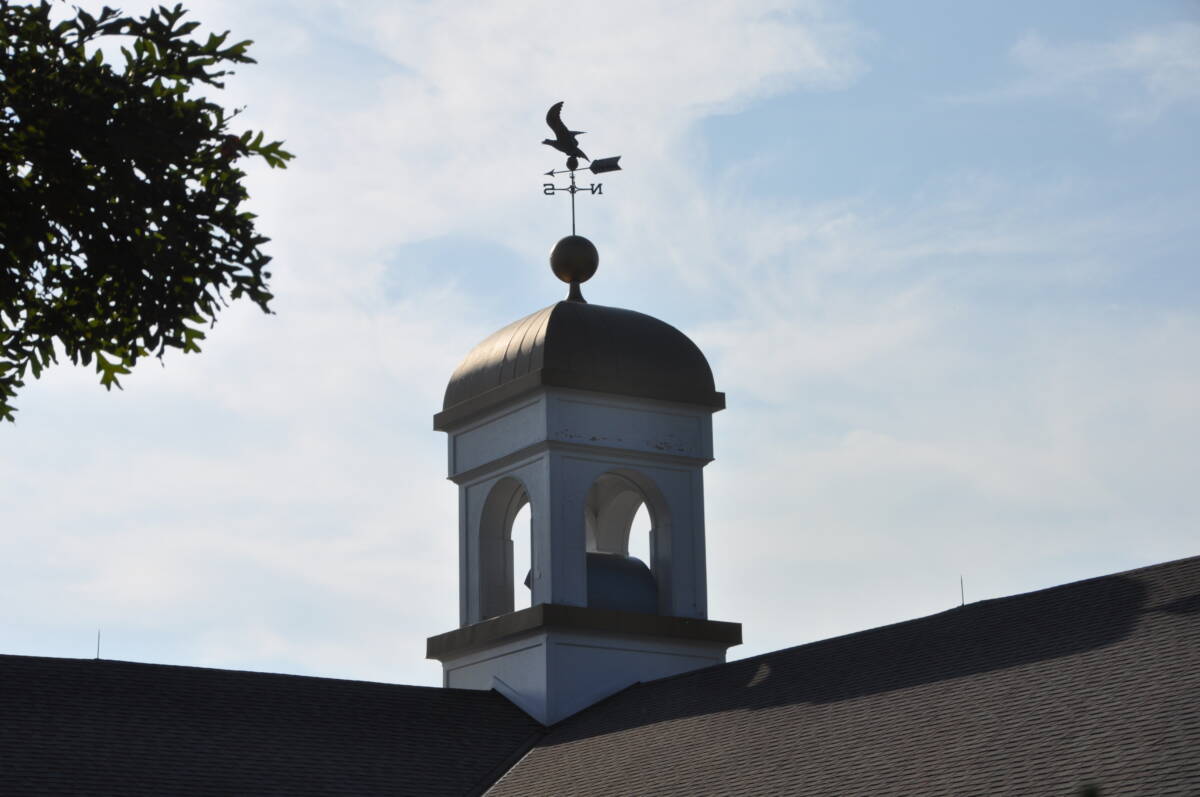
Ready or not, some day it will all come to an end.
There will be no more sunrises, no minutes, hours, or days.
All the things you collected, whether treasured or forgotten, will pass to someone else.
Your wealth, fame, and temporal power will shrivel to irrelevance.
It will not matter what you owned or what you were owed.
Your grudges, resentments, frustrations, and jealousies will finally disappear.
So too, your hopes, ambitions, plans, and to-do lists will expire.
The wins and losses that once seemed so important will fade away.
It won’t matter where you came from or what side of the tracks you lived on at the end.
It won’t matter whether you were beautiful or brilliant.
Even your gender and skin color will be irrelevant.
So what will matter? How will the value of your days be measured?
What will matter is not what you bought, but what you built; not what you got, but what you gave.
What will matter is not your success, but your significance.
What will matter is not what you learned, but what you taught.
What will matter is every act of integrity, compassion, courage, or sacrifice that enriched, empowered, or encouraged others to emulate your example.
What will matter is not your competence, but your character.
What will matter is not how many people you knew, but how many will feel a lasting loss when you’re gone.
What will matter is not your memories, but the memories that live in those who loved you.
What will matter is how long you will be remembered, by whom, and for what.
Living a life that matters doesn’t happen by accident.
It’s not a matter of circumstance but of choice.
Choose to live a life that matters. Bill did.